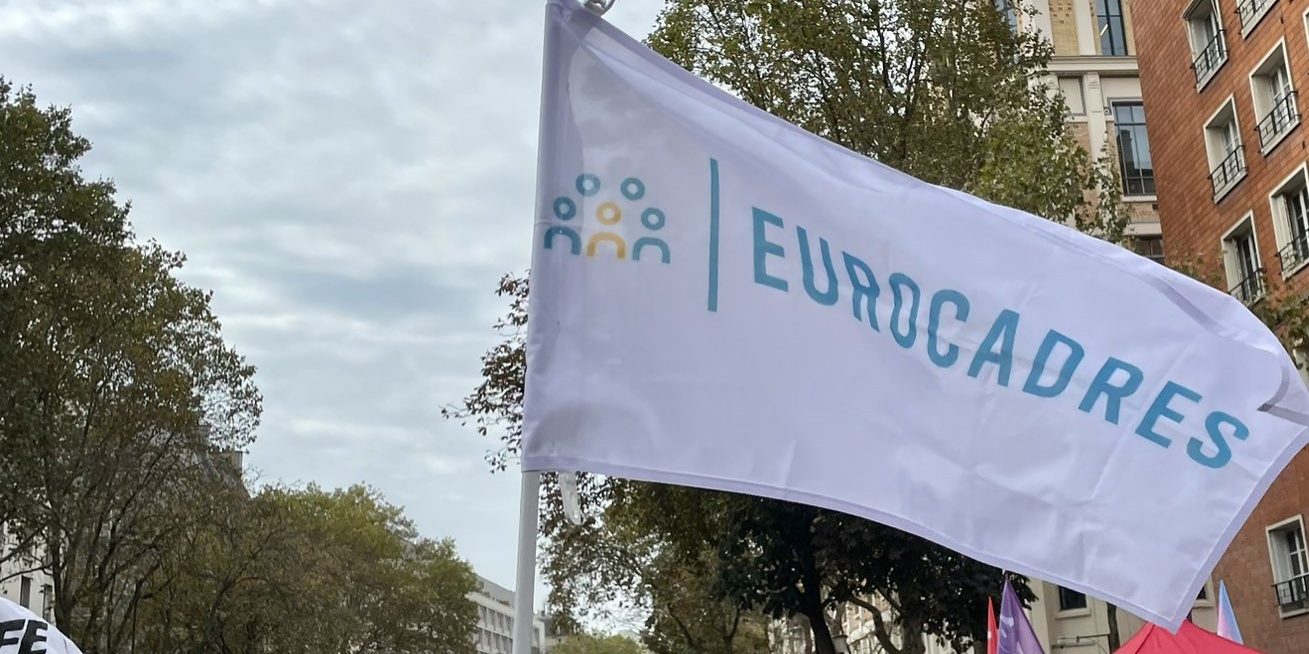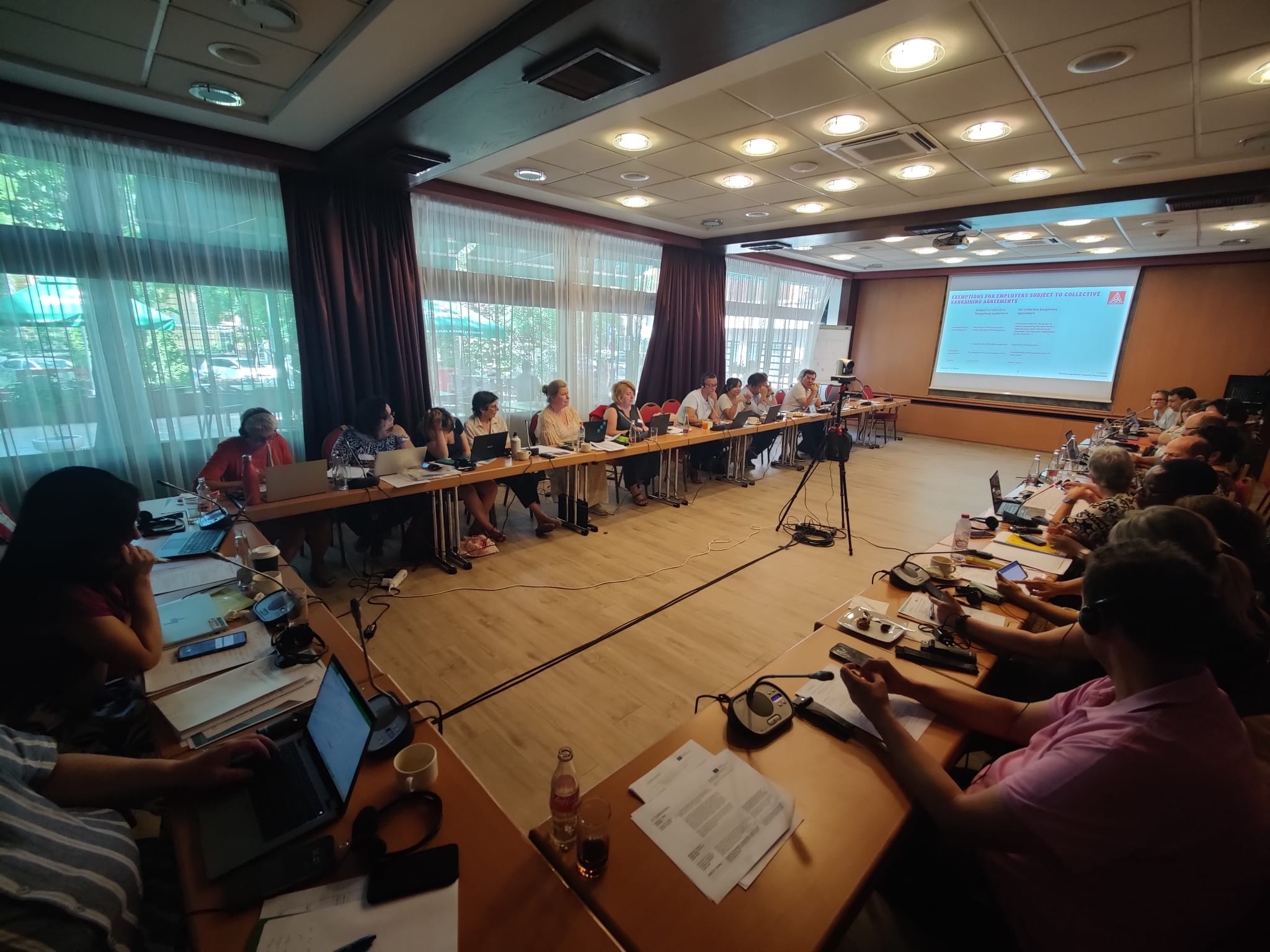
Latest in pay parity takes place in Budapest
Two days of discussion on implementation.

The second in-person (and third overall) event in our Delivering Equality: Implementing Pay Transparency for Professionals and Managers project took place in Budapest, following the success of February’s workshop in Valetta.
With the transposition timeline getting shorter and shorter, this event had a specific focus on the existing best practices, union victories, company strategies and clear implementation.
Given the range of national practices and agreements in place, the two-day workshop was a mix of presentations and group-work in order to begin shaping the final transposition of this directive in a meaningful way for shop stewards and workers alike.
Underpinning much of the discussion was the evidence gathered through our initial research and exchanges from our last two events, with our transposition guide being a good starting point. From there we immediately jumped into further content, with colleagues from Hungary and Germany providing national examples on different remuneration models for professional and managerial staff, reflecting the elements relevant for pay transparency, and existing pay transparency legislation or practices.
Reflecting on the presentation, participants focused on identifying methods and key topics that the directive must tackle, and how the implementation on national level can address them. Given the need to future-proof this work, our perspective as unionists and shop stewards were the main consideration for the practical implementation of these key points.
It is no surprise that the pay gap is particularly pronounced for professionals and managers, with a range of remuneration models providing employers with various avenues to deny workers equal pay for work of equal value. The question of how salary data can be used to empower union members and serve the unions themselves is one that has been central to this directive, and was the subject of discussion on the second day of the workshop, with presentations giving examples of solutions to address concerns from Finland, France, Portugal and Sweden. This was followed by further group discussions and plenary sessions to share best practices and debate implementation opportunities.
With over 35 participants from across the EU, the discussions will feed into October’s concluding conference in Paris, while also guiding the best practice guide currently being drafted.
A big thanks once again to our colleagues from ESZT and MASZSZ for their excellent help in delivering this event.
